Voices of the Grain Trade
Our volunteer interview teams in Thunder Bay and Winnipeg did their best to collect voices reflecting all major facets of Canada's international grain trade. As a result, you will find interviews with farmers, researchers, plant breeders, company owners, and railway employees blended in with the stories of grain handlers, inspectors, lake shippers, regulators, builders, marketers, and many more. Our voices are spread from Quebec City to Victoria, with the highest concentrations being from Thunder Bay and Winnipeg.
Through Library and Archives Canada's Documentary Heritage Communities Program, Friends of Grain Elevators has now been able to transcribe and upload all Voices interviews to this website and to Lakehead University's archives. If you have any questions or comments about the collection, please contact us with your thoughts!
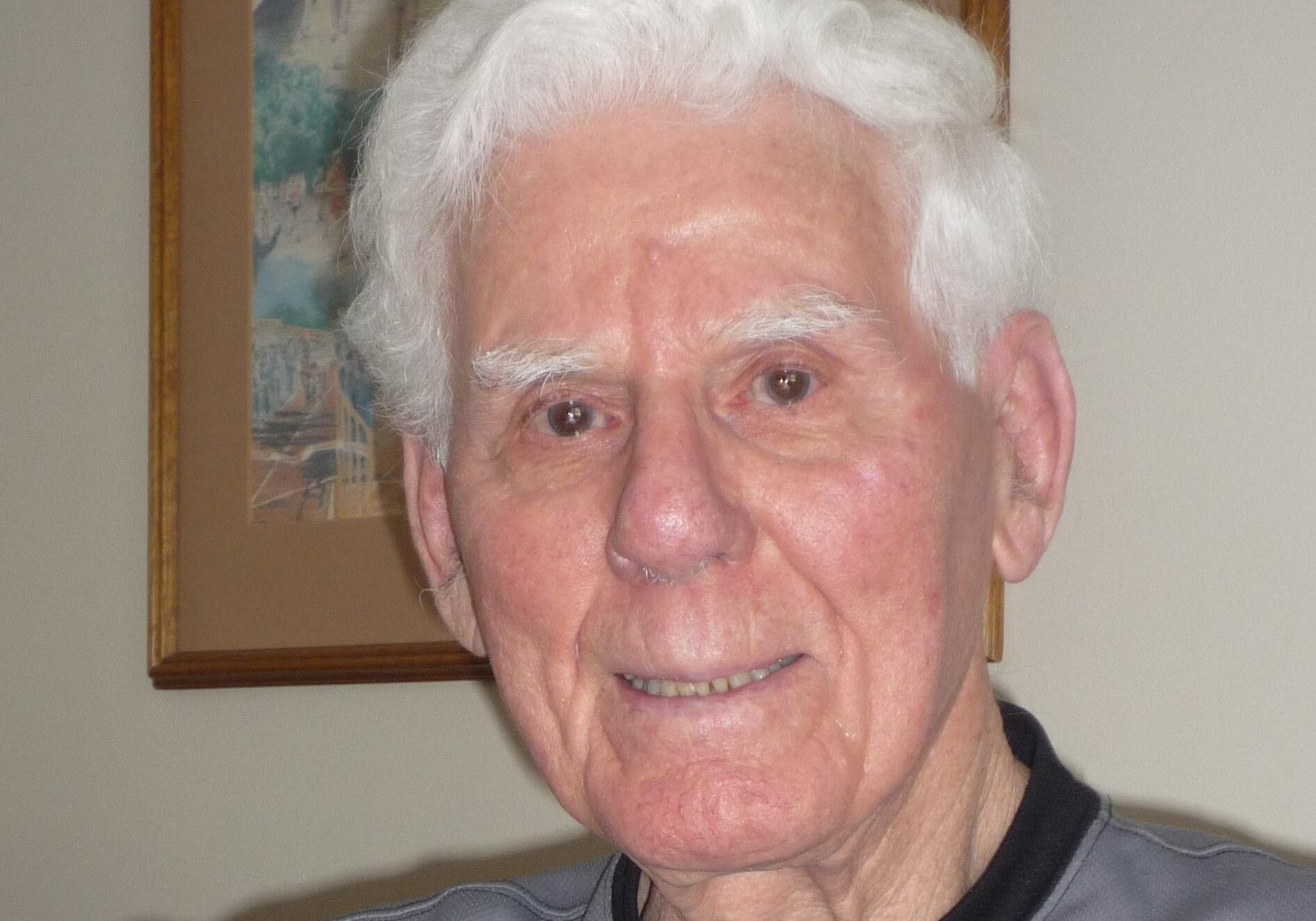
Peter Edwards
Sampler, Weighman, Grain Inspector: Canadian Grain Commission, Grain Appeal Tribunal, Saskatchewan Wheat Pool
Peter Edwards worked as a Sampler, Weighman, and Grain Inspector for the Canadian Grain Commission, and later worked for the Appeal Tribunal. Since his early teens, when he participated in a junior grain club that was held in the family store, Peter Edwards had an interest in grain. Peter’s 43-year career began with the Canadian Grain Commission as a Grain Sampler in Edmonton. He spent time in both the Edmonton and Calgary offices as a Grain Inspector before settling in Winnipeg as the Inspector in charge of the Winnipeg District. Peter was then appointed Chairman of the Grain Appeal Tribunal where he served for many years.
After his retirement from the Grain Commission in 1992, Peter was contracted by Saskatchewan Wheat Pool where he continued his work in grain inspection. He remained with Sask Pool for several harvest seasons in Winnipeg and Regina until he finally retired at the age of 77.
In this interview, Peter provides insight into the roles and responsibilities of Grain Sampler, Grain Inspector, and the Grain Appeal Tribunal.
Snippet
Full Interview

Bryce Epp
Sampler: SGS, Canadian Wheat Board
Bryce Epp discusses his brief but interesting connection to Canada’s grain trade through his involvement in a grain sampling program conducted by SGS and the Canadian Wheat Board in 2005. Bryce describes the precarious task of scaling farm grain storage bins with specially engineered sampling equipment. He also shares the scale of the regional sampling zones and his interactions with farmers struggling to keep up with the growth of the industry.
Snippet
Full Interview
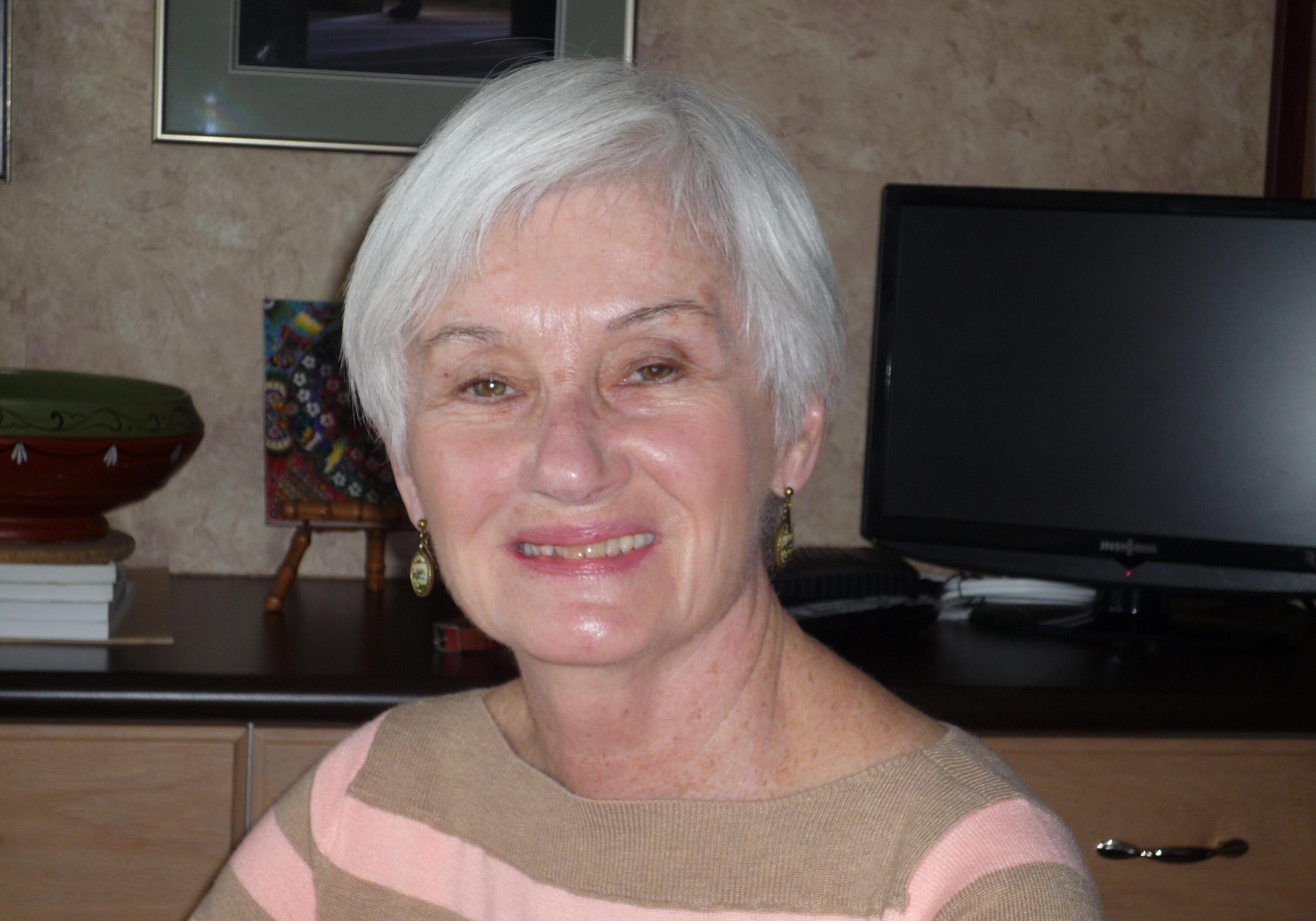
Lucille Evans
Librarian, Corporate Secretary: Canadian Wheat Board
Lucille Evans' grandparents homesteaded in Saskatchewan after her family, who owned a flour mill, fled Russia in the 1930s. With this minor link to the grain industry, Lucille went on to a stellar career with the Canadian Wheat Board, beginning as its first librarian in hopes of an interesting job. Rising quickly to the position of market analyst, she travelled extensively as part of a team that sold Canadian farmers' grain into European markets. In a male-dominated industry, Lucille rose through the organization, eventually becoming Corporate Secretary. She outlines the career she loved and her satisfaction in pioneering programs that promoted a healthy and equal-opportunity workplace.
Snippet
Full Interview
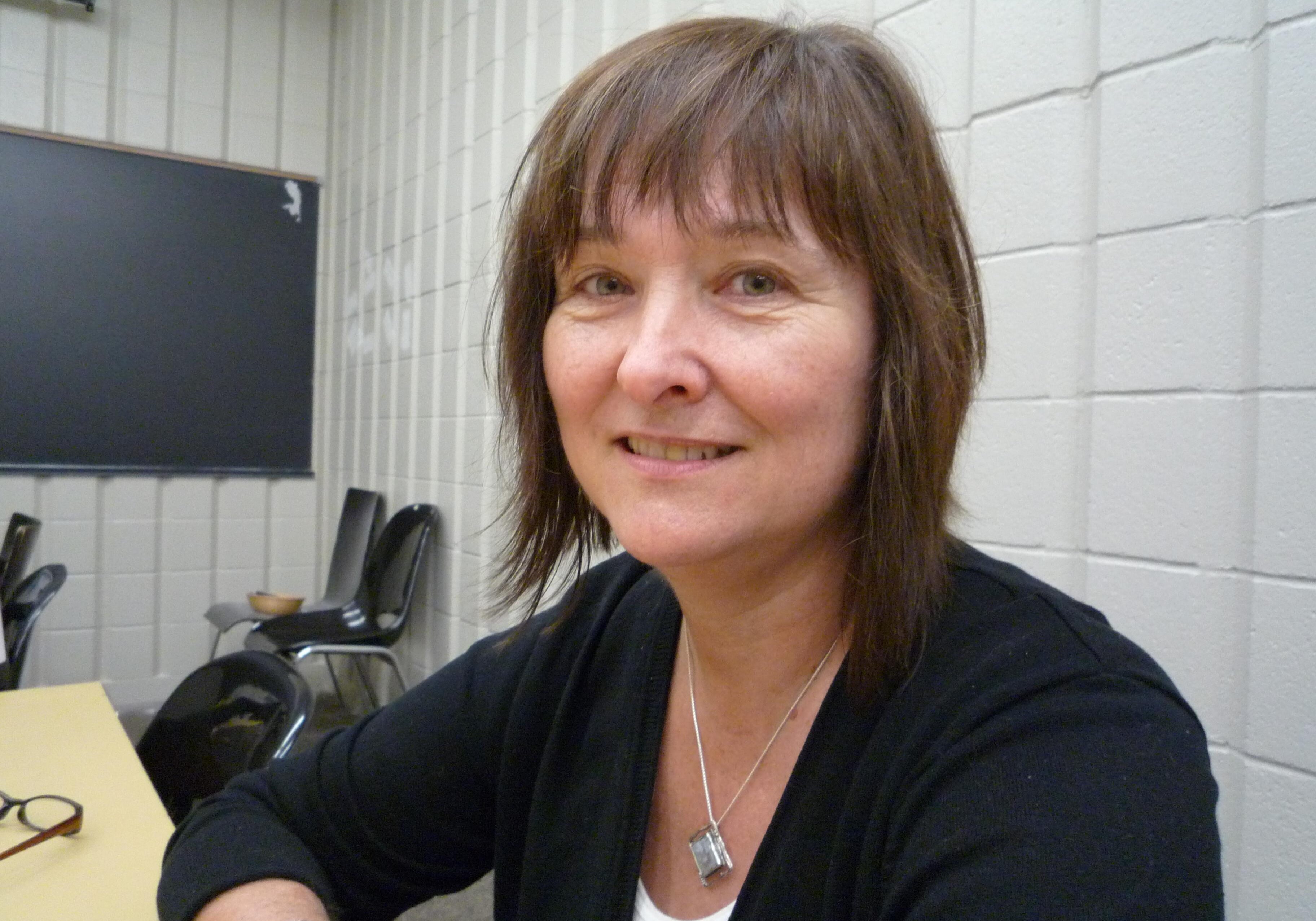
Gail Fikis
Grain Sampler, Grain Inspector: Canadian Grain Commission
To pay off her student loan, Gail Fikis took a good-paying job with the Canadian Grain Commission, never having set foot in an elevator. Her career first as a sampler, then as an inspector, was short (1978-1981), but it was at a time when women on the job were a novelty—not one that everyone was happy with. Gail engages listeners with clear, colourful descriptions of work and events, sprinkled with reflections on the difficulty of being a female employee, trying to fit into a very male-centered work environment.
Snippet
Full Interview

Gunter Fischer
Grain labourer: National Grain/Cargill Grain
After his immigration to Canada from Germany, Gunter Fischer became a grain handler for National Grain (later Cargill) for 43 years. Gunter worked his way through almost all departments in the terminal elevator, from boxcar shovelling to grain inspection to driving the yard locomotive. He shares vivid memories of his colleagues in the elevators, the chilly weather in the wintertime, and an explosion in one of the bins that resulted only in structural damage. Gunter comments on the experience of an immigrant in the terminals, and on the German community in Thunder Bay.
Snippet
Full Interview
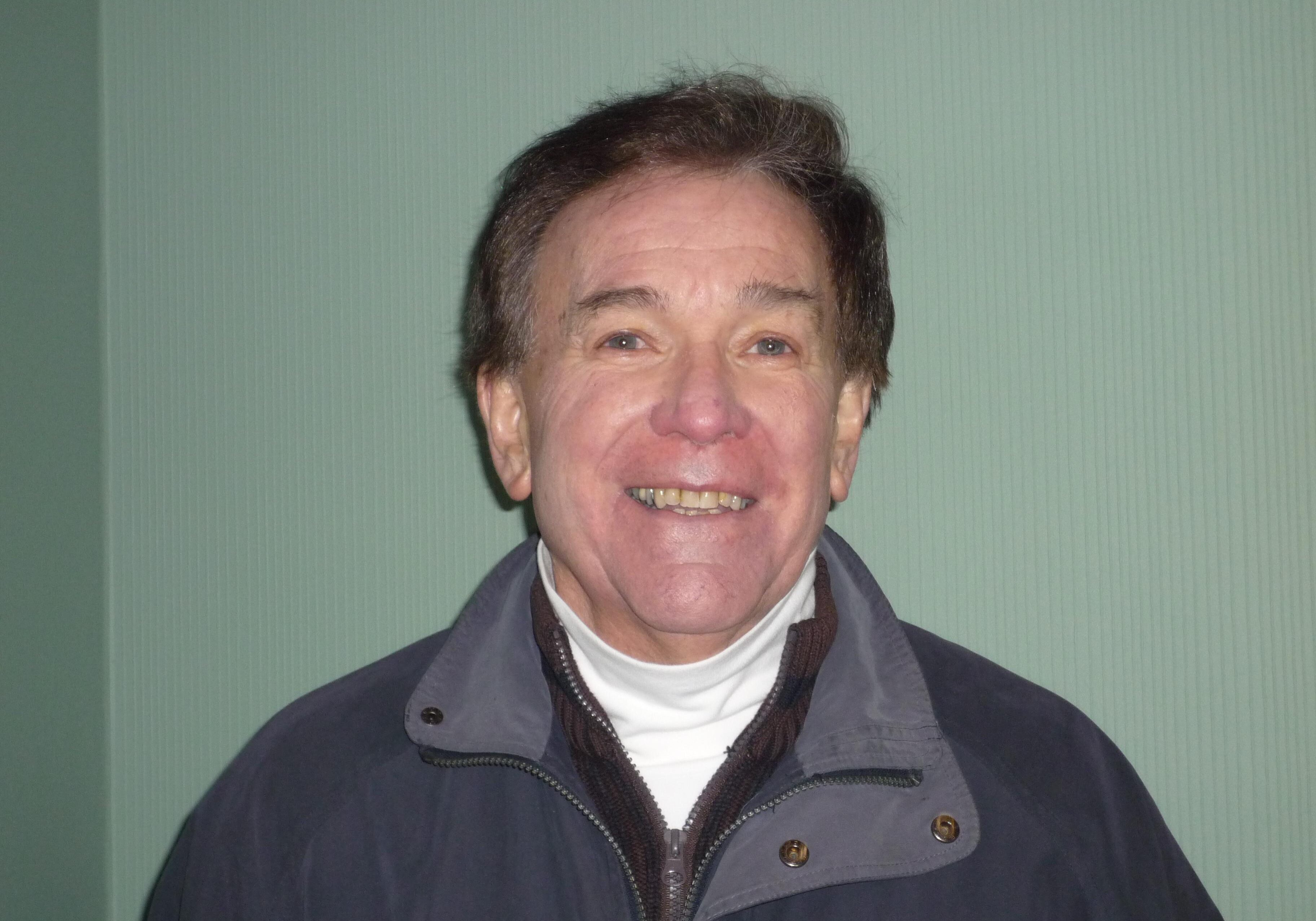
Douglas Ford
President, CEO: Winnipeg Commodities Exchange
Former President and CEO of the Winnipeg Commodities Exchange, Doug began his career after graduating with a degree in agriculture. He combined practical experience in farming with academic positions, research, and commodities trading, which gave him a broad knowledge of the Canadian agriculture industry. In this interview he touches on most, if not all, facets of the industry from farm gate to world markets.
Snippet
Full Interview
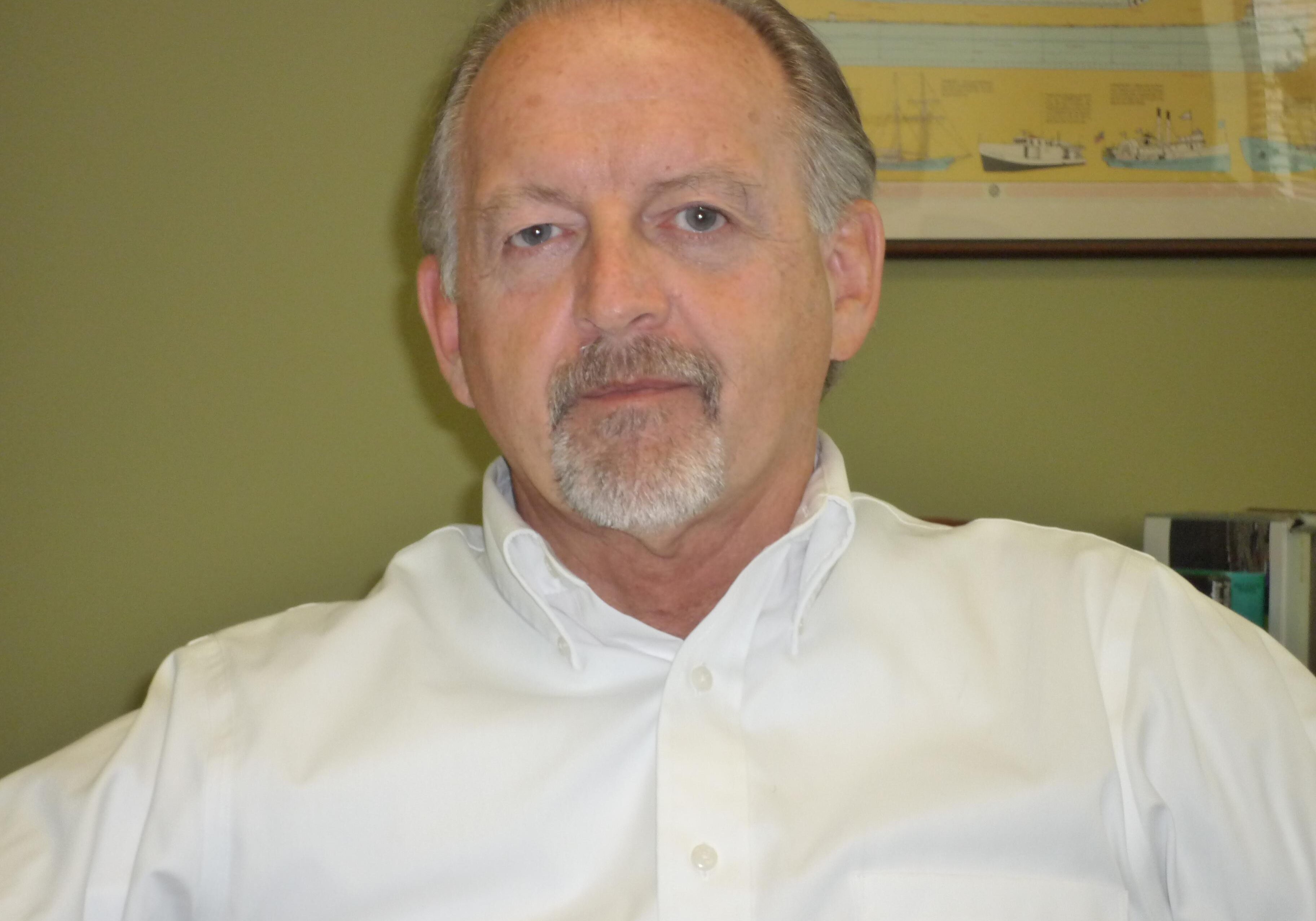
Nick Fox
Engineer, Operator: Richardson
President: Prince Rupert Grain
Nick Fox, born in Iowa, began his career as a site engineer in 1974. By chance, an opportunity arose to work on re-building a terminal elevator destroyed by fire in Vancouver. This "temporary" move to Canada led to long career with Richardson, initially in its terminal elevator engineering group and later as the operator of the Richardson terminal in Thunder Bay. Nick delves into the dynamic nature and challenges of terminal operation and reveals the ins and outs of terminal maintenance and upgrading. His later career finds him in senior positions with Richardson, Viterra, and Prince Rupert Grain in Winnipeg. His broad experience and obvious love for the industry, makes for very interesting listening.
Snippet
Full Interview
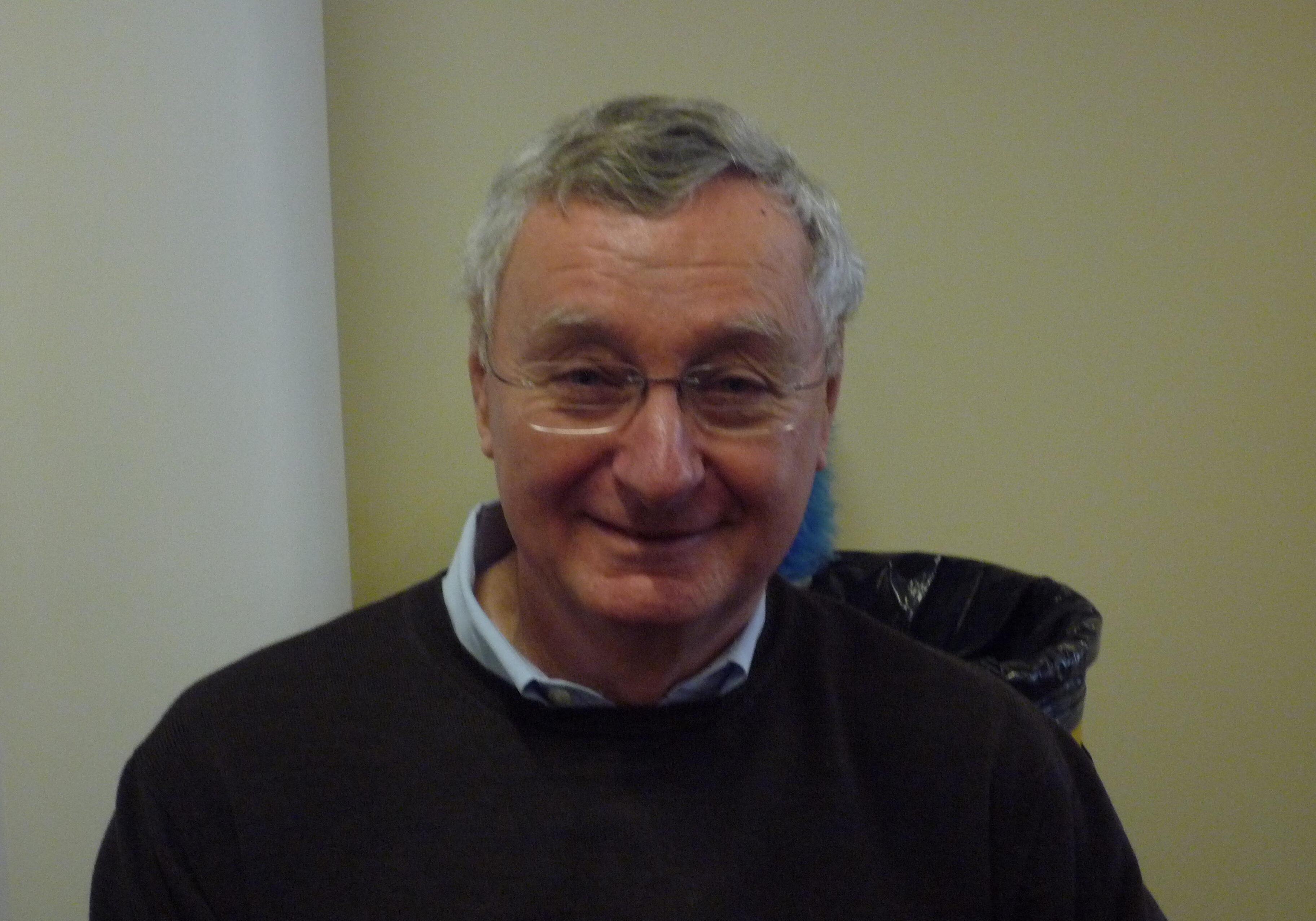
Gerald Friesen
Professor: University of Manitoba
Dr. Gerald Friesen grew up in Saskatchewan before completing a doctorate in history at the University of Toronto, and subsequently teaching in Manitoba and at other universities across the world. He discusses the development of the grain industry partially from a Canadian perspective, but also with a global viewpoint. As a historian, Gerald provides a very useful explanation of what choices people were making in each decade, constructing railways to maintain an all-Canadian delivery system, and how scientific and organizational developments impacted the trade. He also addresses the topic of the Chinese market in some depth. His interview leaves listeners with a strong and broad understanding of grain-industry history.
Snippet
Full Interview
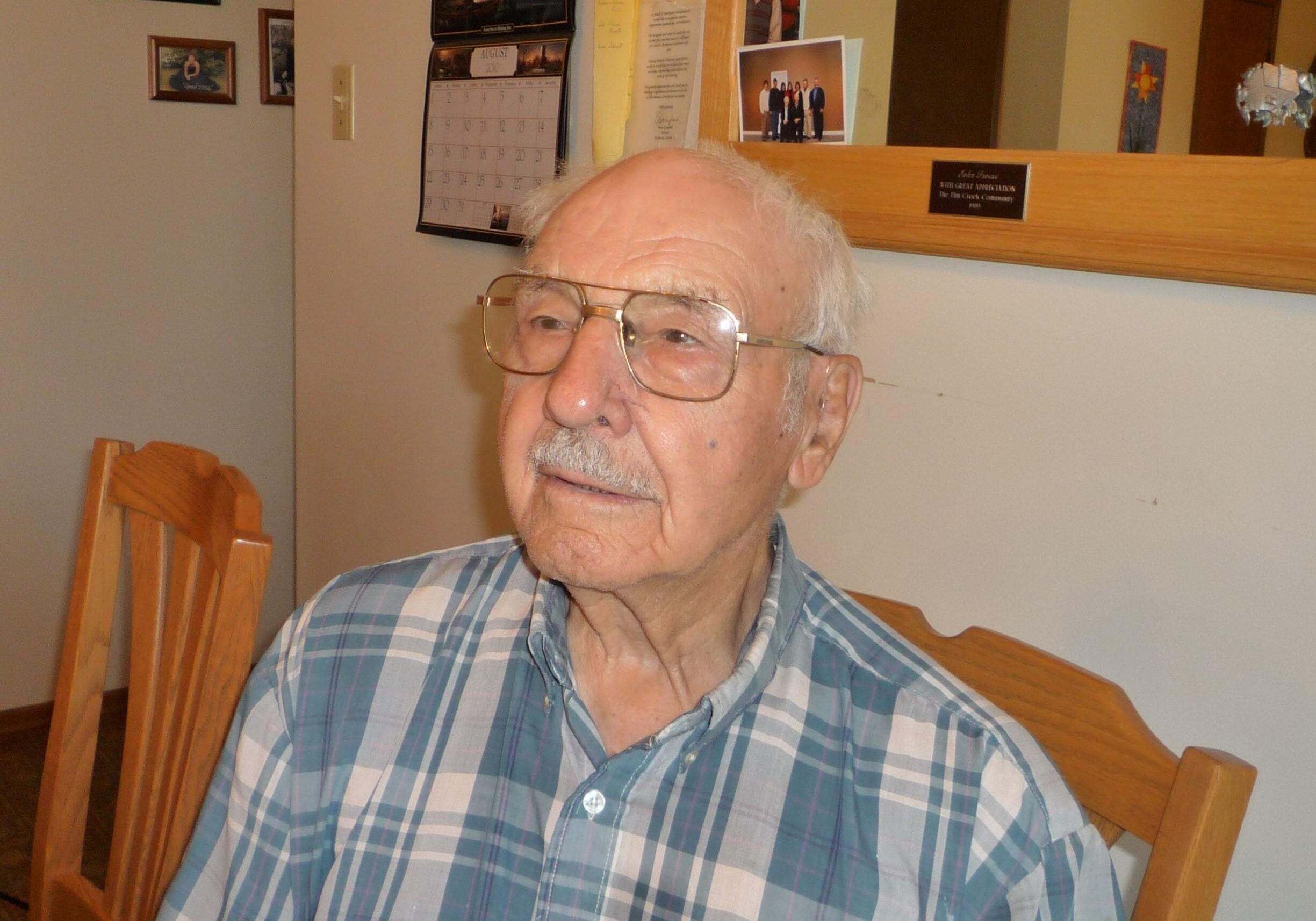
John Froese
Grain farmer
John Froese grew up on a family farm and took up farming himself when he came of age. He describes his and his family's operation--the mixture of grain and livestock, the rotation of crops, the continual upgrades to farm equipment, and the introduction of new farm inputs. John remarks on the broader changes in the Canadian grain industry and reflects on how these changes have affected farmers and small rural communities. He shares his fears about the popularization of megafarms and increased financial risk for small farmers trying to stay afloat.
Snippet
Full Interview

Lawrence Frowen
Grain labourer: Saskatchewan Wheat Pool
Although his career in the elevators lasted a short four years, Lawrence Frowen paints a picture of elevator work and culture during the 1960s. Lawrence worked in the car shed of Pool 6 and Pool 5, which had different methods of unloading boxcars--the easier boxcar dumper, and the strenuous "sweat board" shovel. He shares other technological and operational differences between Saskatchewan Wheat Pool Terminals, and he recalls his father's work as an annex man for the company. Lawrence flips through a family photo album, recounting the stories behind the images of elevators, ships, and fellow workers.
Snippet
Full Interview
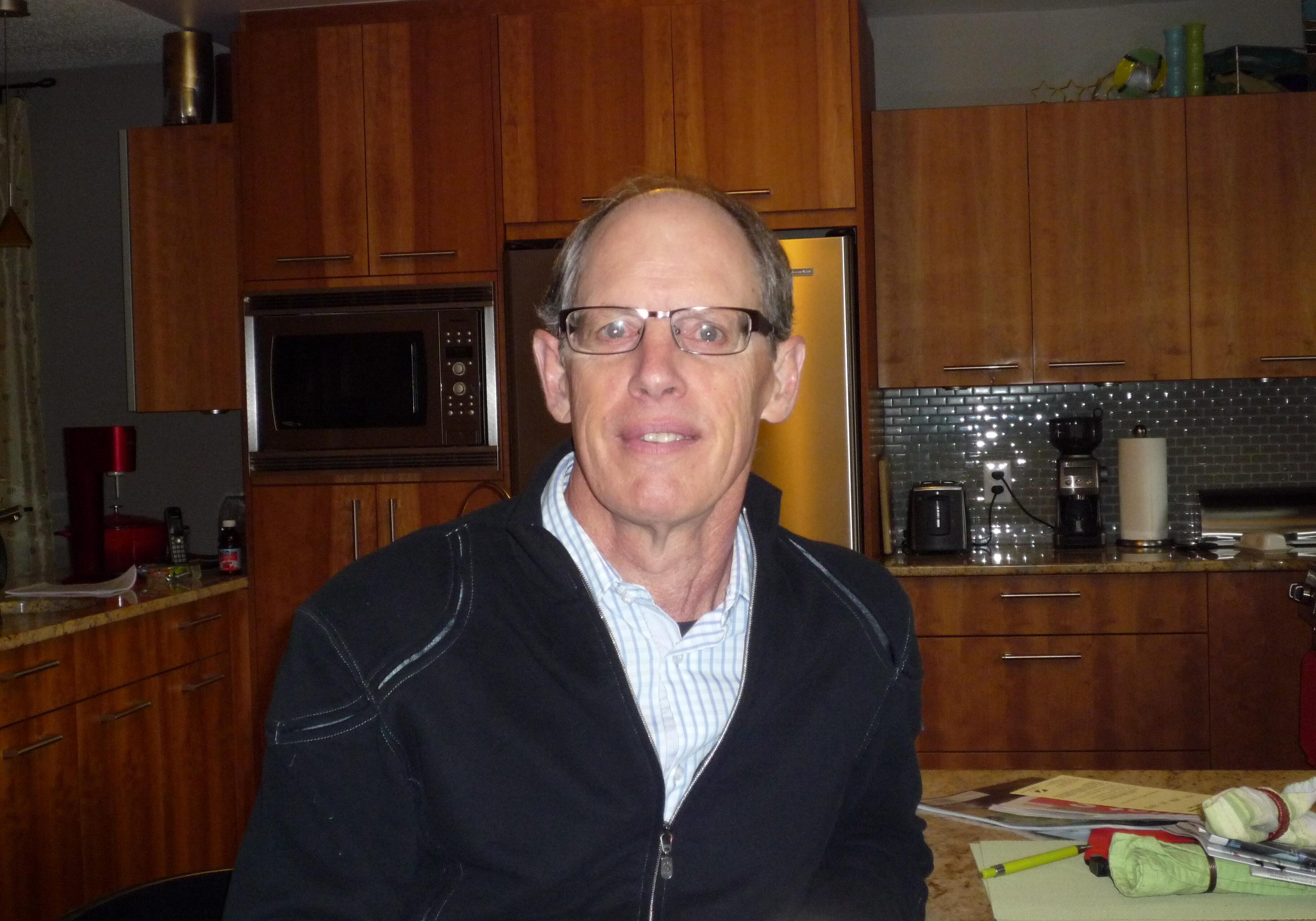
Murray Fulton
Professor: University of Saskatchewan
Dr. Murray Fulton has a background in agriculture, and a graduate degree in agricultural economics from the University of Saskatchewan, with a special interest in cooperatives. He touches on the recent demise of the farmer pools and the shift from government to private involvement in the trade. He explains Thunder Bay’s role in the early grain industry and why the major shipping route went through it. He also gives some insight into why Thunder Bay’s port declined.
Snippet
Full Interview
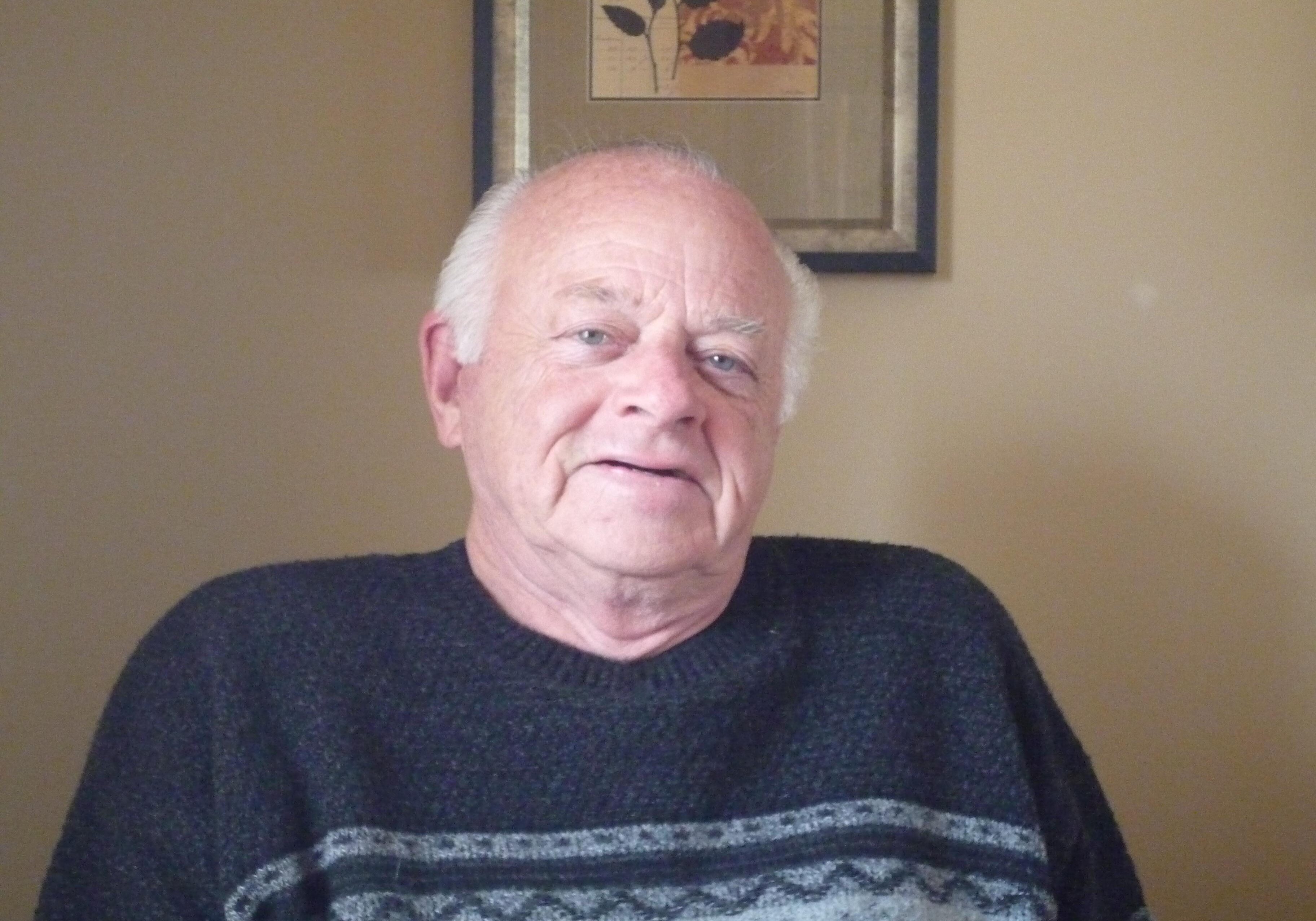
Bill Green
Manager, General Director: Saskatchewan Wheat Pool, United Grain Growers
Bill Green started his career in the grain industry as a labourer for Saskatchewan Wheat Pool in 1964. He worked in Pool 4 and 5 unloading box cars, but later on became a grain inspector and began work for United Grain Growers. He continued working his way up to foreman, superintendent, manager, and then General Director. Bill explains the main differences between the elevators - what he liked and disliked in the work, as well as the supervisors and organization. He also speaks to the incident that occurred in 1959, when part of the UGG elevator slipped into the lake.
Snippet
Full Interview
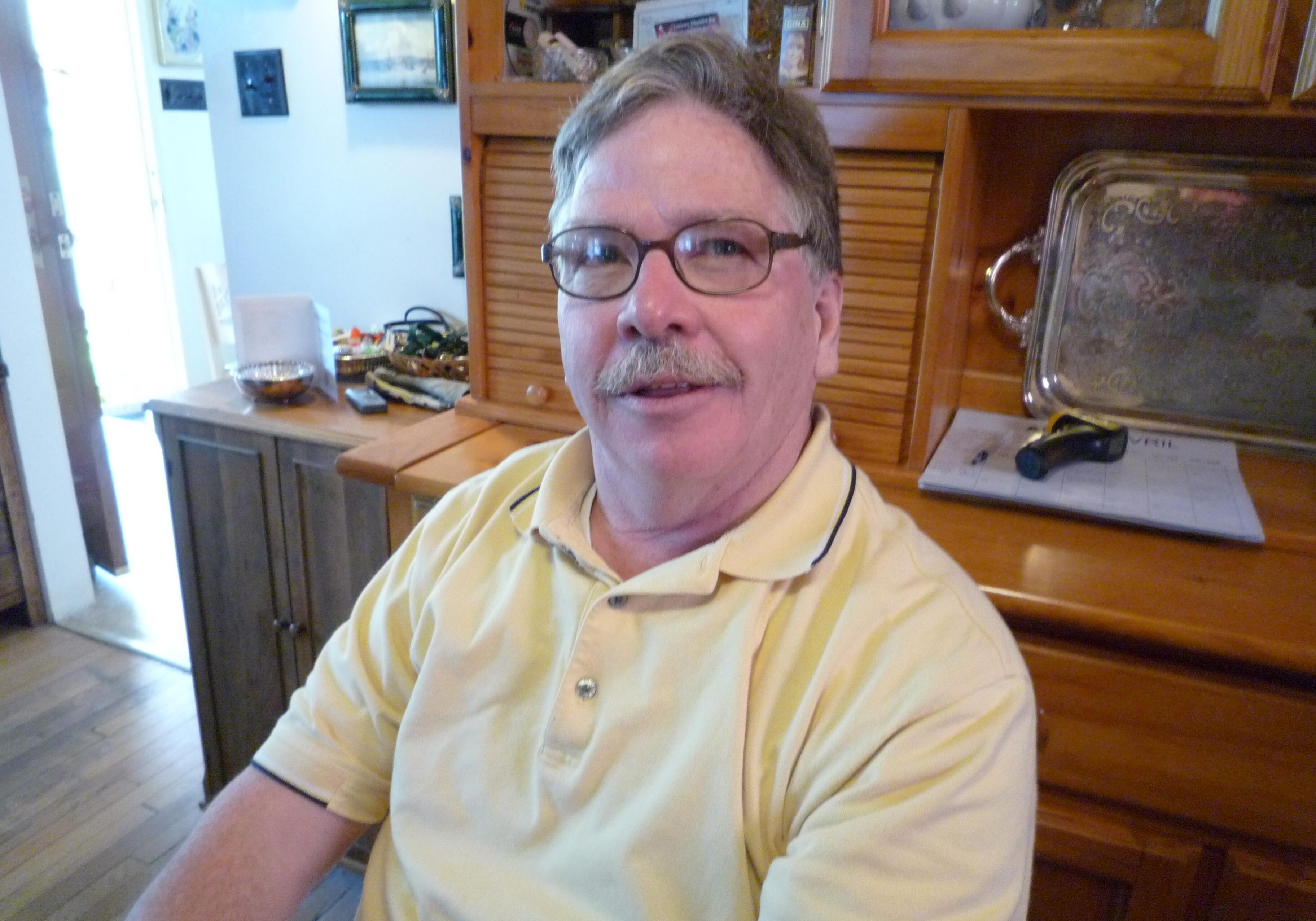
Maurice Grinstead
Sheet Metal Worker: Northland Machine Inc.
In 1971, Mr. Grinstead was not enjoying his university studies. While having dinner at a friend's house, he mentioned this and was offered an apprenticeship as a sheet metal worker. As a vivid storyteller, Maurice lets the listener visualize the work from maintenance to modernization of the Thunder Bay grain elevators during his 37-year career.
Warning: This interview includes graphic details of serious accidents.
Snippet
Full Interview
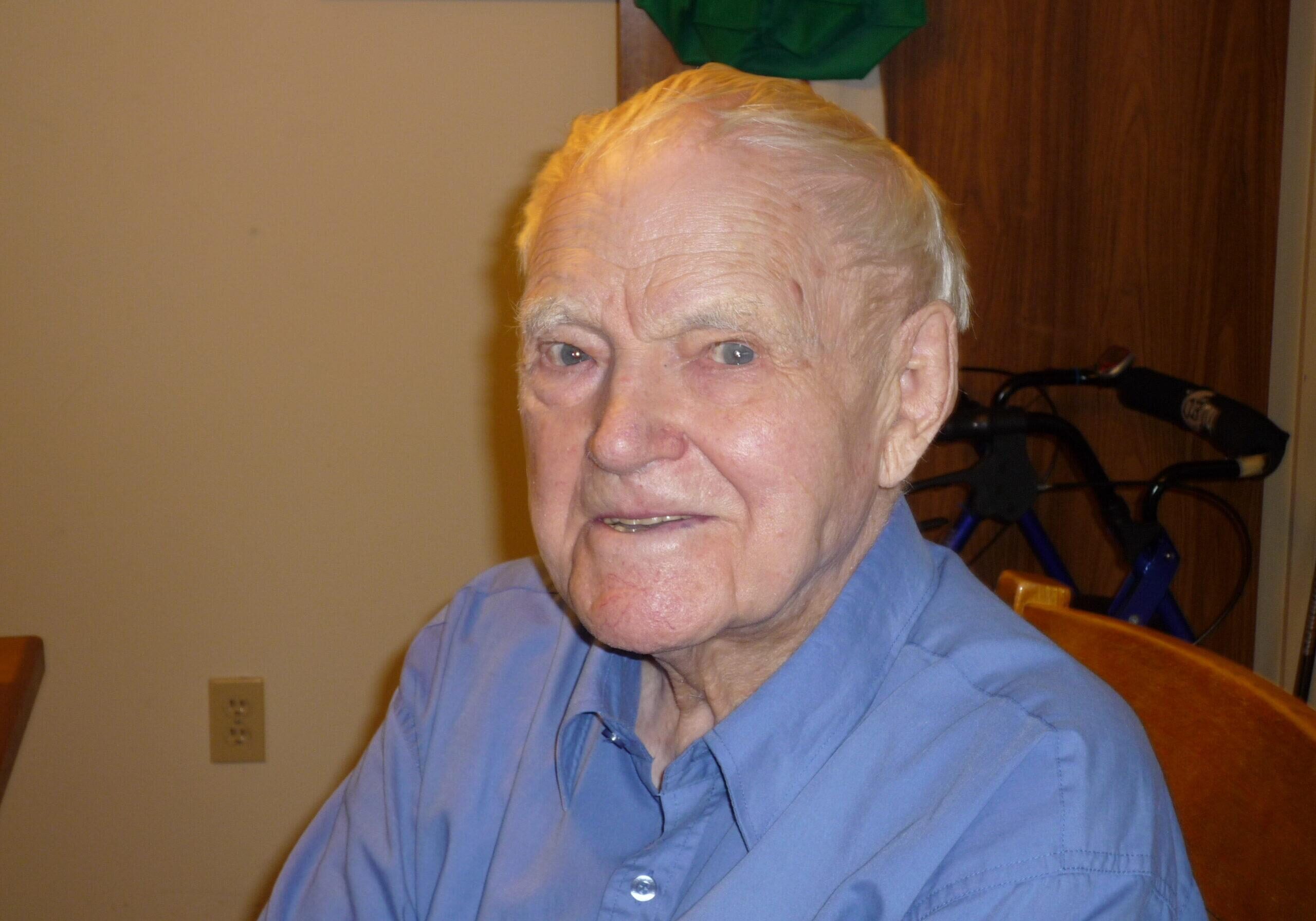
Edd Groening
Grain farmer
Edd Groening's family has been farming in Canada for four generations--his grandfather, his father, himself, and his sons have all worked the family grain farm. Edd's farming memories extend back to the Great Depression, when he recalls helping his father grow and move grain with a team of horses, and remembers the introduction of the Canadian Wheat Board. He comments on the advancements in farm equipment and inputs that changed methods of farming, and the changes to the grain industry that have made farming a riskier venture.
Snippet
Full Interview

Art Gunnell
Local historian
Growing up in Thunder Bay's Westfort neighbourhood surrounded by grain elevators, Art Gunnell became deeply interested in the history of the local grain trade. Art shares the history as well as personal memories of each elevator in the city's south side, like fishing near CPR Elevator D and riding the dangerous manlift at Ogilivie. Art depicts the grain industry and surrounding community during the Great Depression and WWII, including the construction of wartime storage and transient workers riding the rails through town. Art also notes the extensive materials available on grain industry history at the Thunder Bay Historical Museum.
Snippet
Full Interview
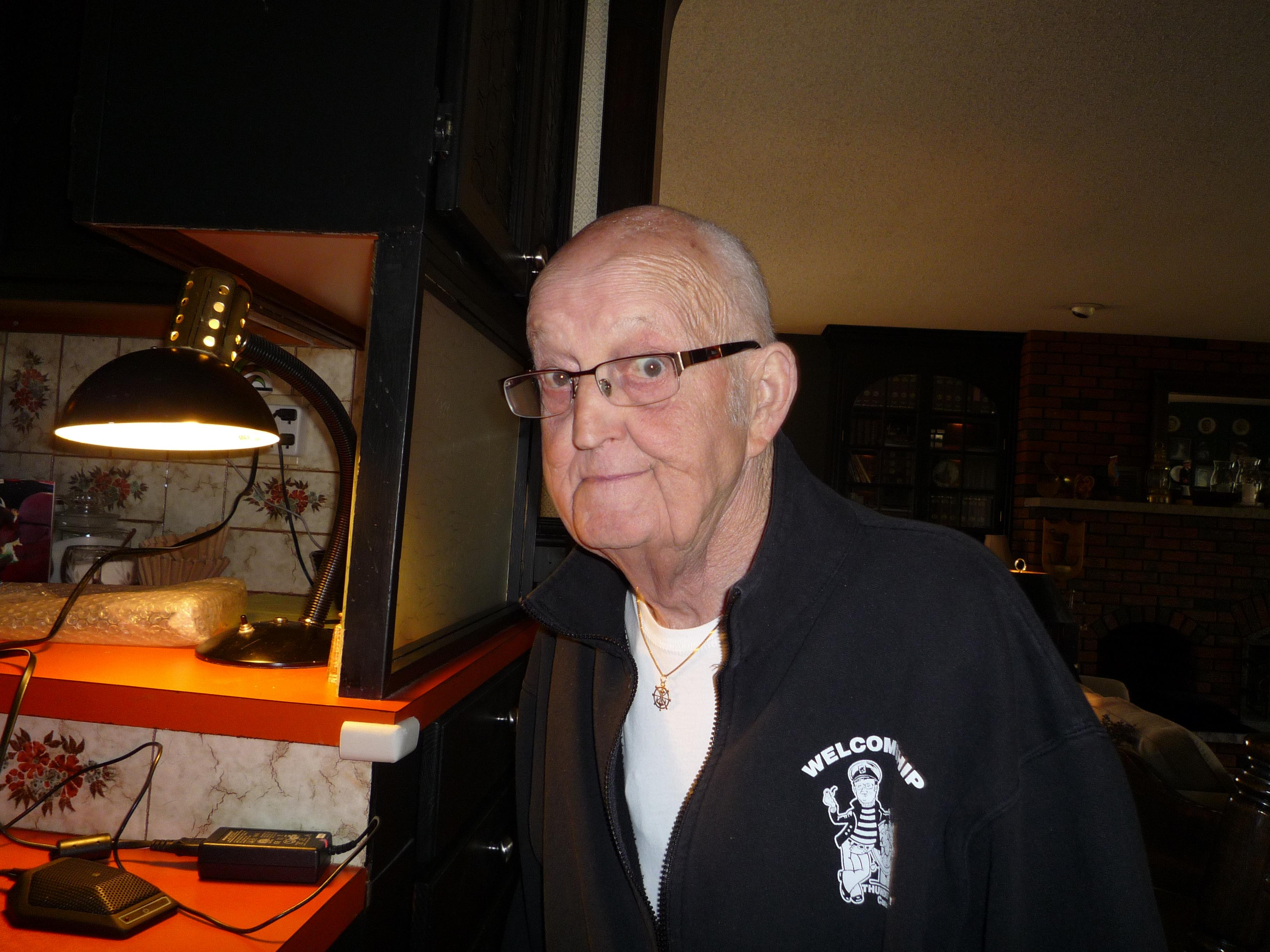
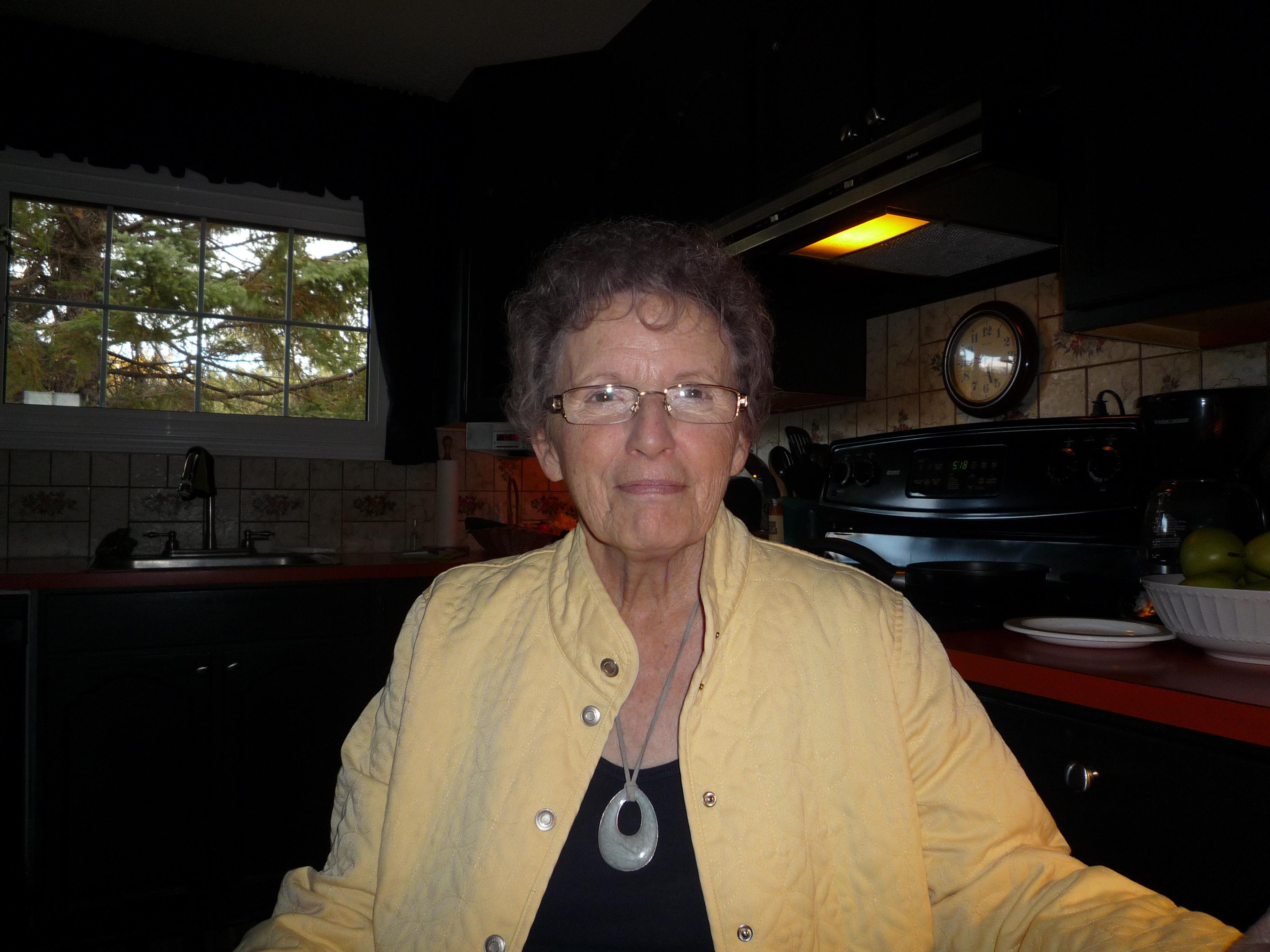
Jack and Norma Gurney
Railroad Maitenance, Dredger, Tug Operator, Tour Guide
The Gurneys, Norma and Jack, are well-known to generations of Lakeheaders for their popular harbour-tour ship, Welcome. In an entertaining two-part interview, they retell stories about each of the elevators along the waterfront. Less well-known, but equally interesting, are Jack’s other careers: maintaining boxcars (short-lived), dredging for the Seaway, and building the harbour breakwater. Jack and Norma share their depth of knowledge on these topics, giving us little-known details of developing the world-class port essential for our grain trade. Did you know that glass bottles were the first layer removed when dredging elevator slips?
Snippet
Full Interview

Sydney Halter
Engineer: CD Howe Company
Sydney Halter worked as an engineer, and later vice-president, within the C. D. Howe Company, which specialized in Thunder Bay in grain elevators. Much of his work involved designs for elevator expansions and dust control retrofitting on the waterfront, but Sydney was also involved in other grain related projects that took him around the world, like sitting on a grain explosion committee, designing a receiving elevator in England, and supervising elevator demolitions.
Snippet
Full Interview
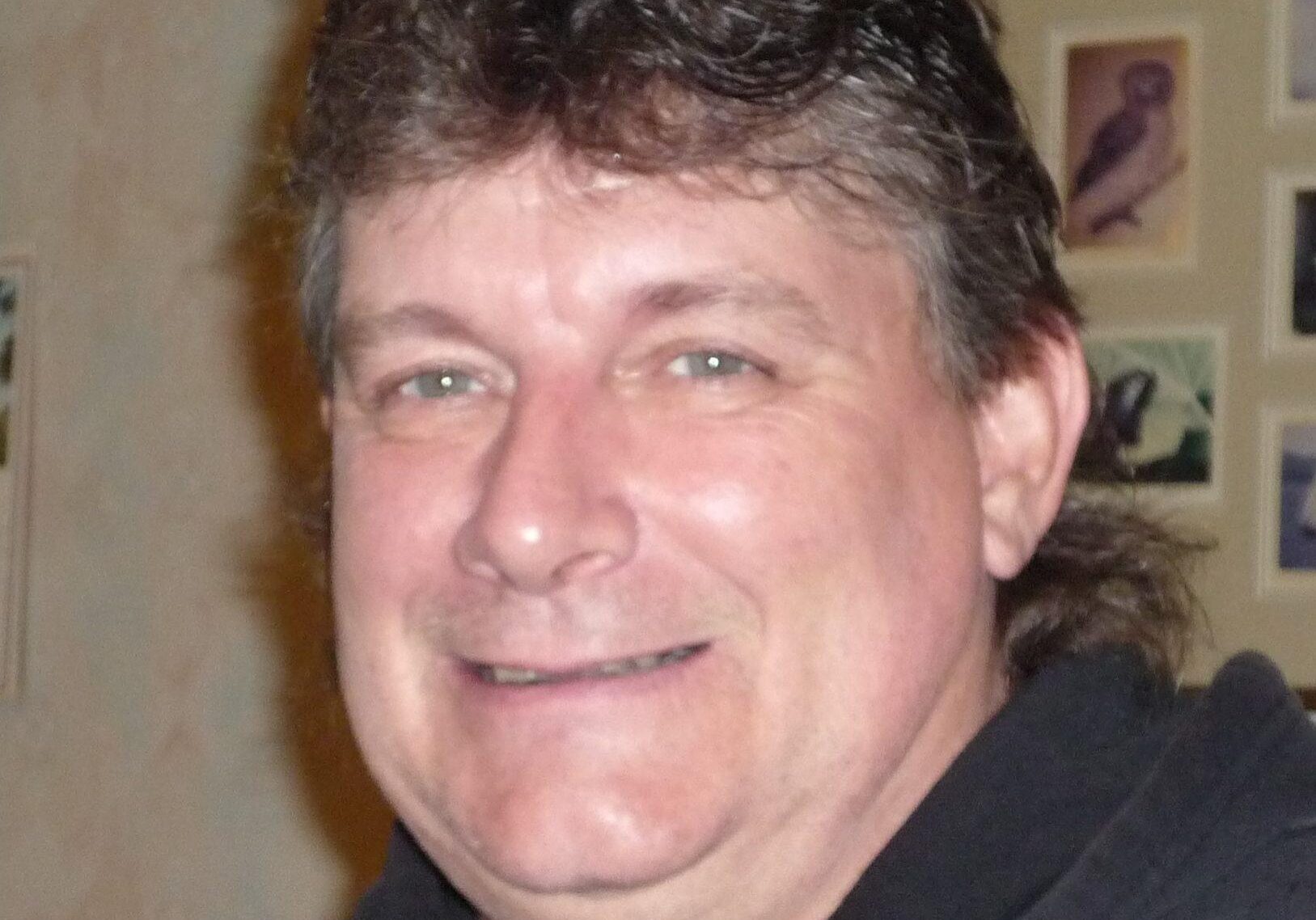
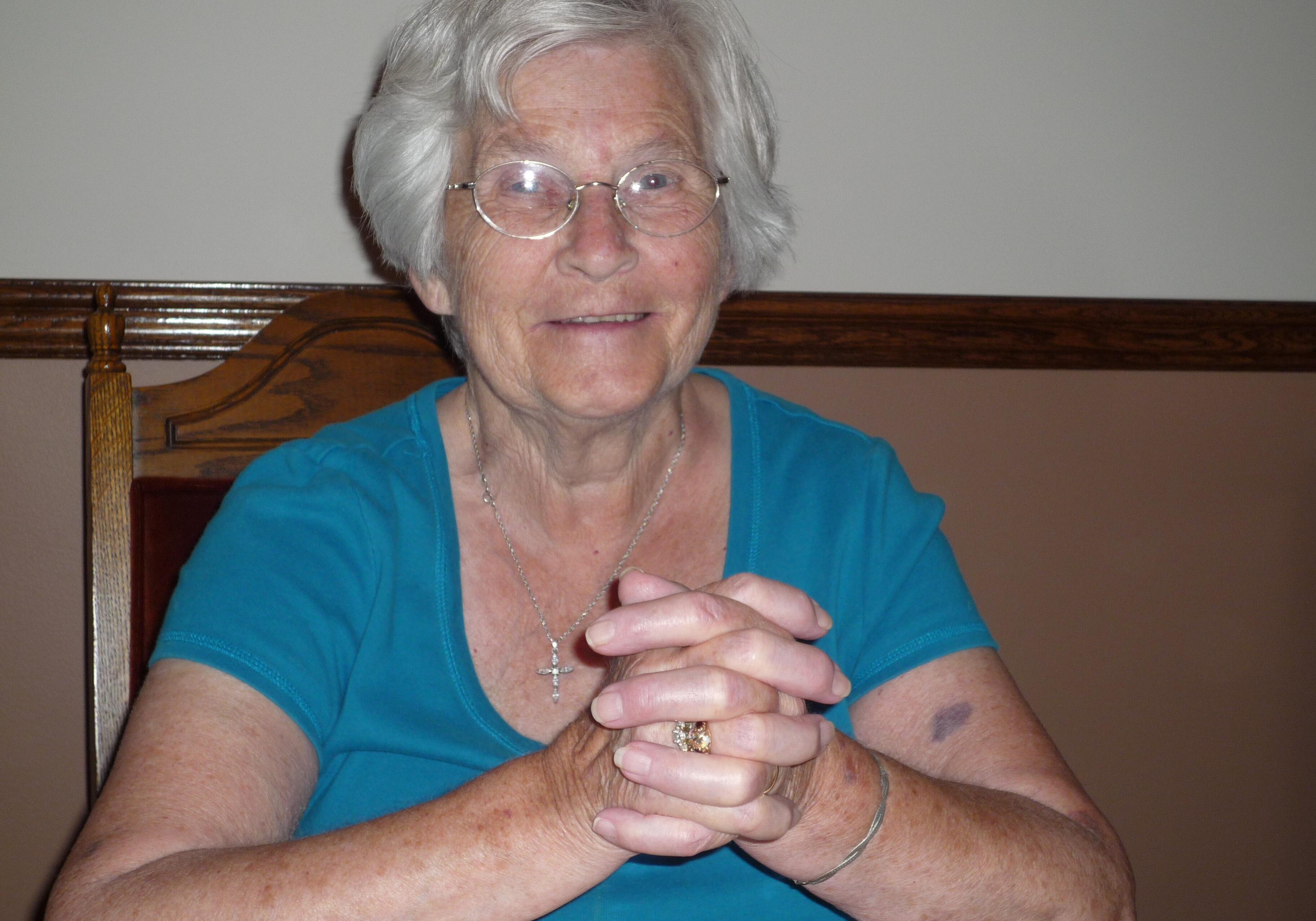
Alan and Edith Halverson
Elevator Labourer, Story Teller
Edith Halverson and her son, Alan, speak about their family’s deep history in Thunder Bay’s grain industry. The Halversons are a four-generation, grain-worker family, beginning with Alan’s great-grandfather Hans Halverson who came to Canada from Norway in the late 19th century. Han’s son Hans Christian Halverson, grandson William Halverson (Edith’s husband), and great-grandson Alan Halverson followed in his footsteps. Edith and Alan recount family stories about work in the elevators, including the second life for boxcar doors beyond the rail yards. They note the many uses city residents had for the scrap wood, building houses being one. Alan discusses hazardous working conditions.
Warning: This interview contains graphic descriptions of workplace accidents.
Snippet
Full Interview
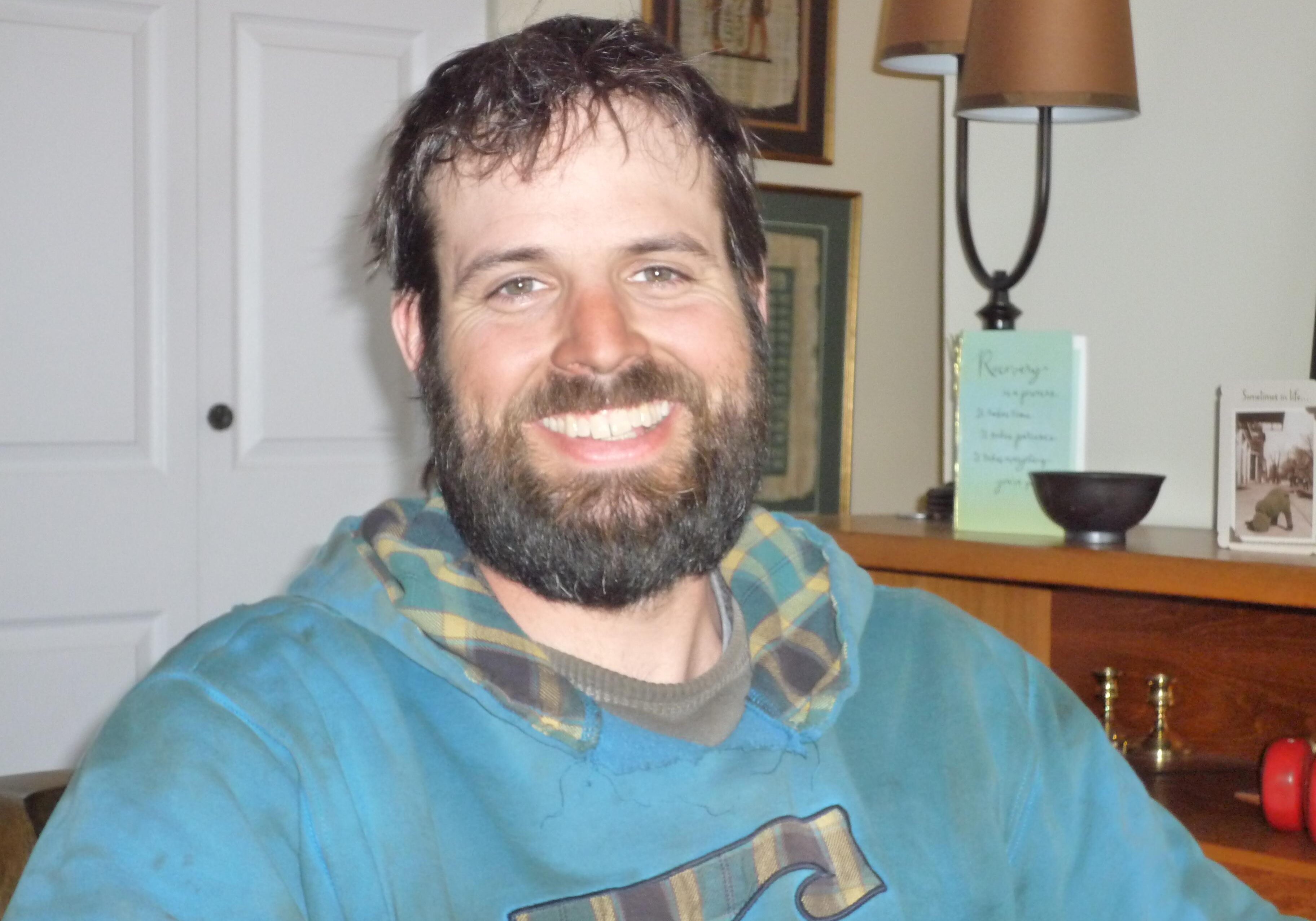
Jeff Halvorson
General Manager: Dutchack Recycle Inc.
Jeff’s connection to terminal elevators is quite different from that of most of our narrators. As the manager of a scrap-metal firm, Jeff speaks of what happens when elevators are decommissioned. He describes the first time that he was inside of an elevator, when he went there to help reclaim metal from an ocean-going ship. Jeff discusses the illegal, underground life in abandoned terminals. People down on their luck scour these dangerous buildings for anything portable and easily removed and carry them off to Dutchak's for a few dollars. The hazards involved in this scavenging eventually led to it becoming a police matter. Listeners will learn why elevators are so hard to decommission and why the City takes a long time to demolish abandoned elevators. Finally, he talks about the uses of scrap metal salvaged from the elevators both locally and when shipped overseas.
Snippet
Full Interview
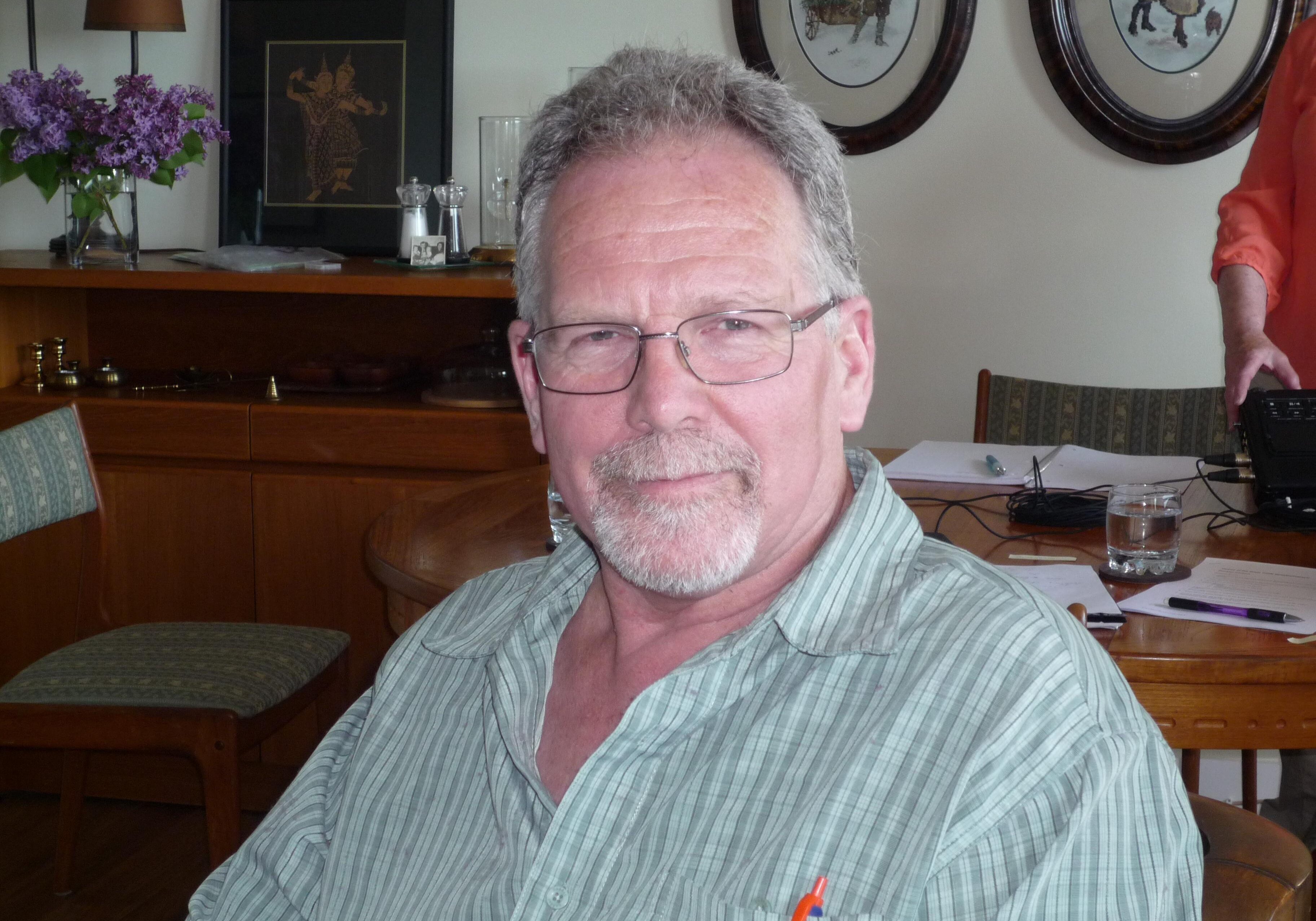
Tom Hamilton
Elevator Labourer, Union President: United Grain Growers, Viterra, Agricore United, United Steel Workers
It wasn’t the lure of a well-paying job that led Tom into elevator work , but the opportunity to join the elevator hockey league. A few hours on the payroll was the only way on to the team. This was an unusual, but not unheard of, start to a long and successful career. Tom speaks highly about the work and the companies he worked for, but he also discusses some of the negative aspects of the work such as accidents, the drug and alcohol culture, etc. Please contact friendsofgrainelevators@gmail.com if you would like to access Tom's second interview.
Warning: This interview contains descriptions of traumatizing events.